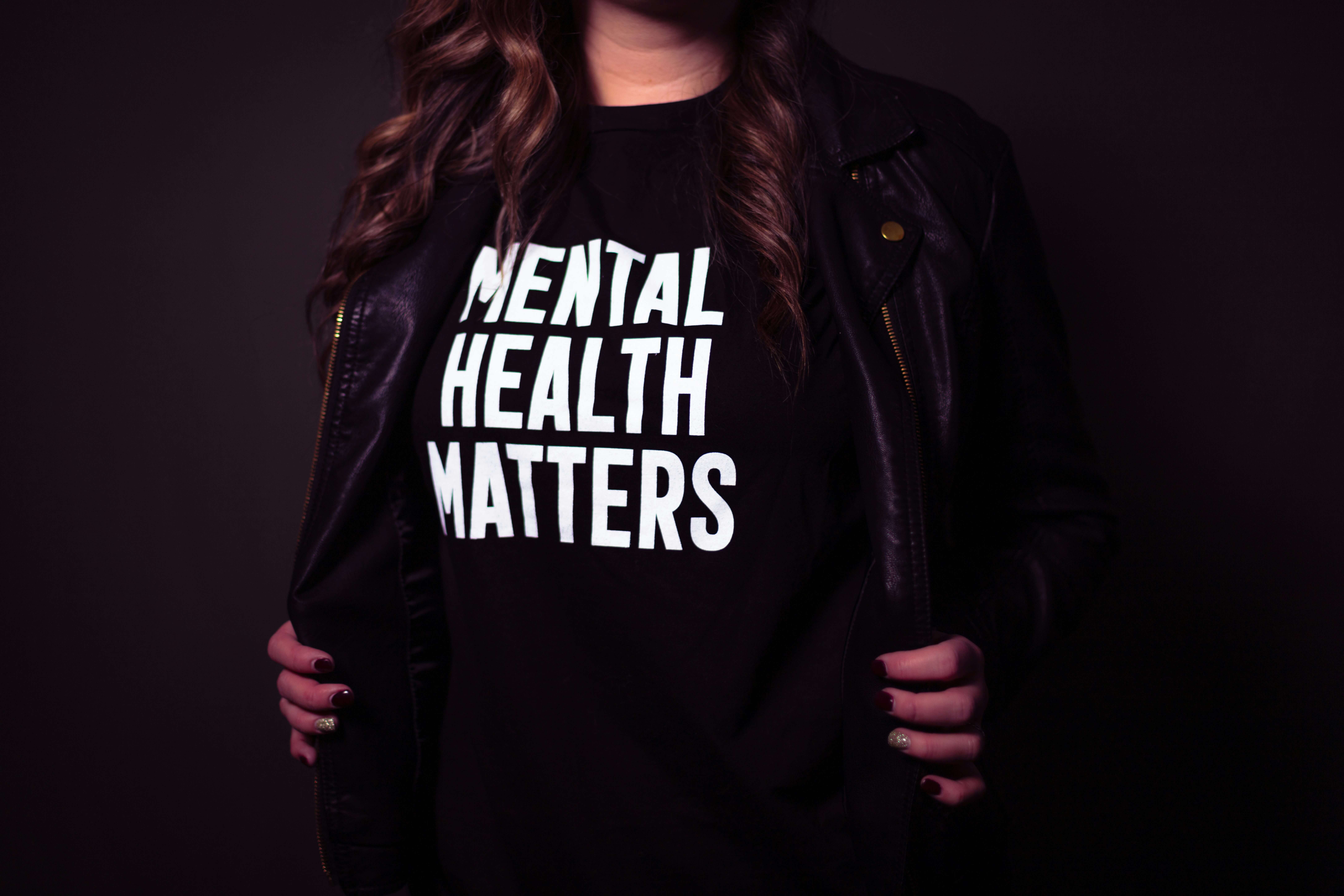You watched your loved one fade away as their addiction took over. But after enrolling in treatment, they emerged out of the dark and became the person you once knew. With every passing day, month or year of sobriety, their recovery grew stronger.
You’re grateful for their recovery, but every once in a while, you see a glimpse of temptation in your loved one’s eyes. And you can’t help but wonder, “Is my loved one going to relapse?”
Unfortunately, relapse is a reality of addiction recovery. But knowing the stages of addiction relapse are crucial to helping your loved one avoid it. While it’s important for those in recovery to be accountable for their own sobriety, having friends and family educated about addiction recovery and relapse can make a world of difference.
In this post, you’ll learn about the stages of relapse in addiction recovery and warning signs you can look out for to help your loved one.
The 3 Stages of Relapse and Addiction Recovery
1. Emotional Relapse
Of all the three main stages of addiction relapse, the emotional stage can oftentimes be the hardest to spot. It occurs before your loved one is even consciously thinking about using again. Think of it as a general feeling of uneasiness, as negative emotions and anxiety begin to build over time.
Whether it’s a current trigger, hardship or loss of a key member of their support system, emotional relapse begins when your loved one’s desire to stay sober begins to fade away.
Try to spot symptoms like moodiness, irregular sleeping habits and your loved one isolating themselves from family and friends. If you are able to intervene at this stage, there’s a good chance you can prevent these feelings from taking hold.
2. Mental Relapse
Mental relapse is often described as the internal struggle your loved experiences during recovery. While they know the value of long-term sobriety, they’re constantly battling the cravings and fighting the thought to use again. In fact, this is why addiction is considered a disease and chronic condition.
Once your loved one reaches this mental relapse stage, it becomes increasingly difficult to come back from it because they’ve already started to consider the idea of using again. You’ve seen firsthand how powerful that desire can be for them, so if you start to notice your loved one entertaining the idea of drinking or using drugs, try to intervene and get them help.
3. Physical Relapse
Physical relapse is the final stage and occurs when your loved one gives in to those emotional and mental temptations and starts drinking or getting high again. This stage is most likely the easiest to spot, as you’ll already know the key signs and symptoms of their addiction. If your loved one suffers a physical relapse, it’s time to do all you can to get them back into treatment.
Signs of Addiction Relapse
If you can recognize the signs of addiction relapse, the chances of you making a difference in your loved one’s sobriety will be much higher. One of the most common signs of addiction relapse is your loved one looking back on their days of drug use in a positive light. It could be as simple as finding joy in reliving a memory of their drug use. This line of thinking can quickly lead to a mental relapse.
Another clear warning sign to look out for is a sudden change in behavior. If your loved one starts to isolate themselves and avoid their support system, they will need you to step up and talk to them about their behaviors. And, at any point, if your loved one starts to doubt or argue against their recovery process, it’s time to get help.
At Fountain Hills Recovery, Lasting Sobriety is Our Priority
Even if your loved one has relapsed, there’s still hope for them to get their recovery back on track. Fountain Hills Recovery can help. We ensure your loved one is getting the individualized treatment and care they deserve by having a client-staff ratio of no more than 3:1.
If your loved one is struggling with addiction or has recently relapsed, our goal is to foster life-long results. Your loved one has the power to reclaim their life from addiction, and the best part is, they don’t have to do it alone.
Contact our team of addiction specialists today to get started.





